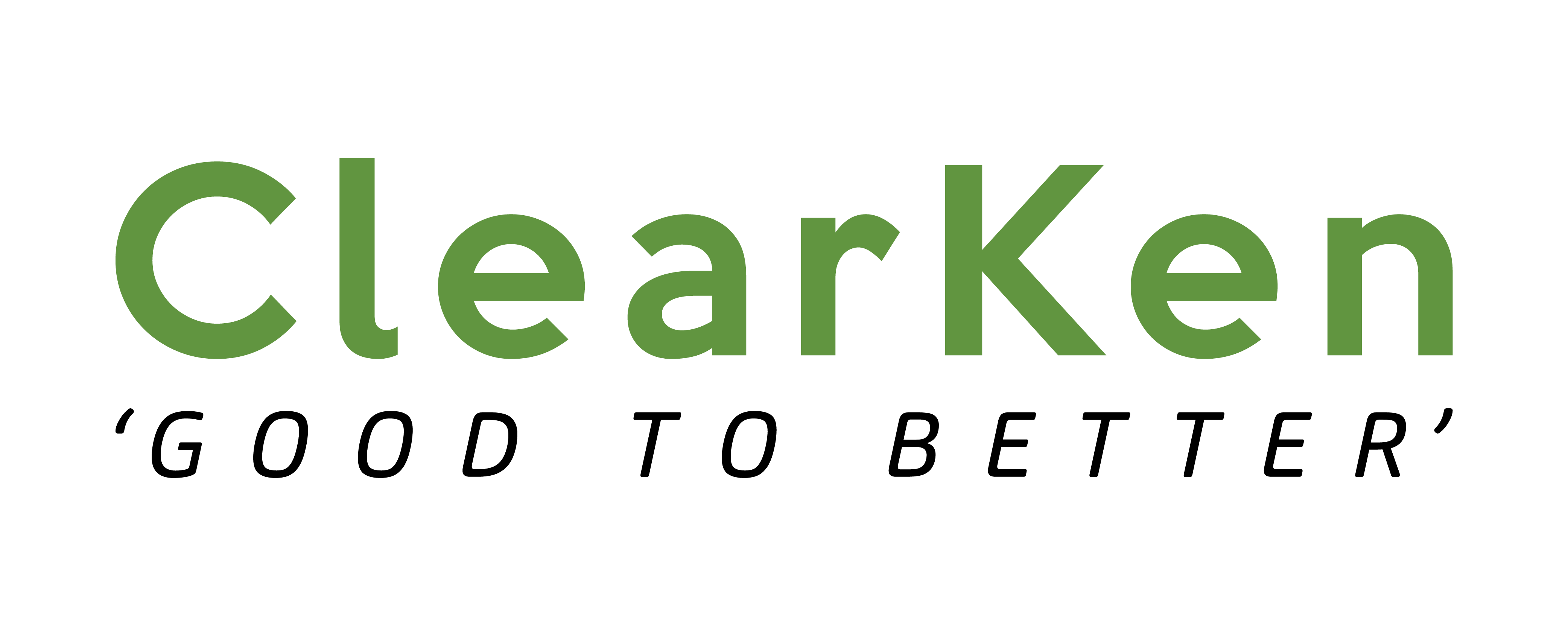Top 25 Measurable Benefits using Salesforce CRM for B2B Companies with Complex Sales with ClearKen’s Simplification Methodology
- 1
Increased sales productivity: Salesforce CRM centralizes customer data, automates repetitive tasks, and streamlines workflows, leading to measurable improvements in sales team efficiency.
- 2
Higher lead conversion rates: By using Salesforce CRM’s lead management tools to identify, track, and nurture high-quality leads, B2B companies can achieve higher conversion rates.
- 3
Reduced sales cycle duration: With customizable sales processes and efficient opportunity management, Salesforce CRM can help shorten the sales cycle for complex B2B sales.
- 4
Enhanced revenue forecasting accuracy: Salesforce CRM’s AI-driven sales forecasts provide a measurable improvement in forecasting accuracy, enabling better resource planning and target setting.
- 5
Growth in high-value accounts: By supporting account-based marketing strategies, Salesforce CRM helps B2B companies measurably increase their focus on high-value accounts and generate more revenue from them.
- 6
Time savings through automation: Salesforce CRM’s sales and workflow automation capabilities result in measurable time savings for sales reps, allowing them to focus on more strategic tasks.
- 7
Improved customer retention rates: By using Salesforce CRM’s customer service tools, B2B companies can proactively address customer issues, leading to measurable improvements in retention rates.
- 8
Faster quote and proposal generation: Salesforce CRM streamlines the quoting and proposal management process, resulting in the faster generation and approval times.
- 9
Reduced onboarding time: Salesforce CRM’s training resources and tools lead to measurable reductions in the time required to onboard and train new sales team members.
- 10
Increased data-driven decision-making: With real-time analytics and reporting, Salesforce CRM enables B2B companies to make more informed decisions based on measurable data insights.
- 11
Enhanced collaboration efficiency: Salesforce CRM’s ability to streamline communication between sales, marketing, and customer service teams results in measurable improvements in collaboration efficiency.
- 12
Improved compliance and data security: By providing robust data security measures and supporting regulatory compliance, Salesforce CRM helps B2B companies measurably reduce security risks and potential violations.
- 13
Higher mobile workforce productivity: With Salesforce CRM’s mobile app, sales reps can access crucial information on the go, leading to measurable improvements in mobile workforce productivity.
- 14
Greater return on investment (ROI): By automating tasks, optimizing sales processes, and improving forecasting accuracy, Salesforce CRM can help B2B companies achieve a measurable increase in ROI.
- 15
More effective sales prioritization: Salesforce CRM’s opportunity management tools enable sales teams to prioritize opportunities more effectively, leading to measurable improvements in deal closure rates.
- 16
Better alignment of sales and marketing: Salesforce CRM bridges the gap between sales and marketing teams, resulting in measurable improvements in lead quality and overall collaboration.
- 17
Reduced customer response time: Salesforce CRM’s customer service features enable B2B companies to respond to customer inquiries more quickly, leading to measurable improvements in customer satisfaction.
- 18
Streamlined third-party tool integration: By integrating with a wide range of third-party tools, Salesforce CRM improves overall efficiency and productivity, resulting in measurable time and cost savings.
- 19
Enhanced upselling and cross-selling: Salesforce CRM’s comprehensive customer insights enable sales teams to identify upselling and cross-selling opportunities more effectively, leading to increased average deal size.
- 20
Increased customer lifetime value (CLV): By improving customer retention rates and enhancing upselling and cross-selling efforts, Salesforce CRM helps B2B companies boost their customers’ lifetime value.
- 21
Better resource allocation: With accurate sales forecasting and data-driven decision-making capabilities, Salesforce CRM enables B2B companies to allocate their resources more effectively, resulting in measurable cost savings.
- 22
Improved sales team performance tracking: Salesforce CRM offers advanced reporting and analytics tools that allow B2B companies to measure and analyze their sales team’s performance more accurately.
- 23
Enhanced agility and scalability: Salesforce CRM’s flexible and scalable architecture ensures that B2B companies can adapt to changing market conditions and customer demands, resulting in a measurable competitive advantage.
- 24
Greater customer segmentation and targeting: Salesforce CRM’s advanced customer segmentation tools enable B2B companies to create targeted marketing campaigns and personalized sales approaches, leading to higher conversion rates and customer satisfaction.
- 25
Increased sales team morale and motivation: By automating mundane tasks, providing clear performance metrics, and fostering collaboration, Salesforce CRM can help improve sales team morale and motivation, resulting in higher overall productivity.

